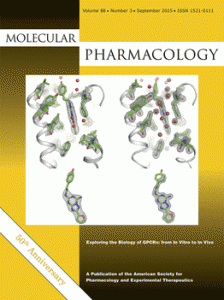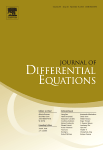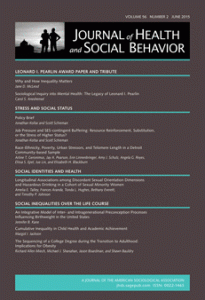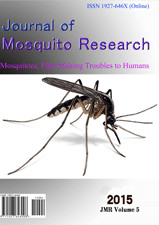 Two papers on a potential cancer drug have been retracted following an investigation that found “inappropriate manipulation of bands in gels.”
Two papers on a potential cancer drug have been retracted following an investigation that found “inappropriate manipulation of bands in gels.”
This makes four retractions by our count for Roman Perez-Soler, an oncologist at the Einstein College of Medicine, and for co-author Yi-He Ling, whose current affiliation is unknown.
Their previous two retractions, which we reported on in 2013, were also for image manipulation. At the time, Perez-Soler told us that Ling “accepted full responsibility for the changes” and he had “returned to his home country.”
The fresh retraction notes, from Molecular Pharmacology, provide a few specifics about the figures that were manipulated this time around.
Continue reading Fourth retraction for Einstein oncologist due to image manipulations

 After we reported on
After we reported on 


 Another retraction and a correction that retracts two figures — ie, a partial retraction — have been posted for
Another retraction and a correction that retracts two figures — ie, a partial retraction — have been posted for 

